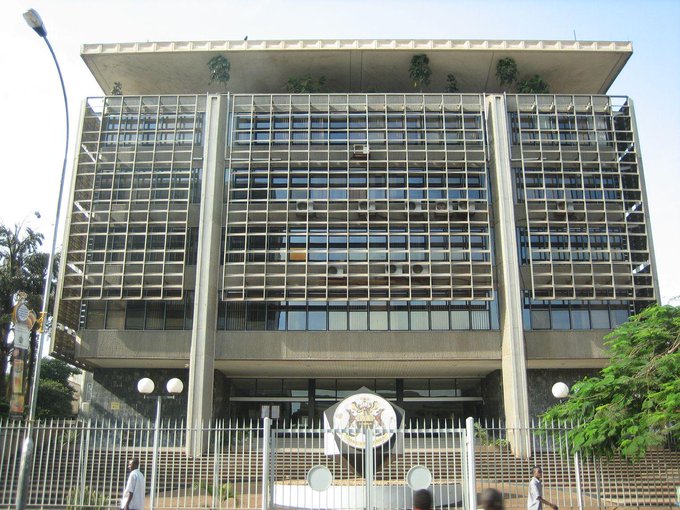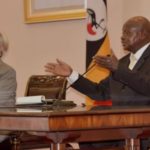Officials from Bank of Uganda and the National Planning Authority (NPA) have told Members of Parliament that the state of the economy is struggling because of global related factors.
The officials were interfacing with the Committee on National Economy to discuss the state of the economy at Parliament.
Rogers Matte, the Director Research and Development Performance at NPA said that there has been a general decline in the real Gross Domestic Product from 6.4 per cent in the 2018/19 financial year to 3.4 per cent in the 2020/21 financial year.
Matte said the locusts that attacked the country devastated both cash and food crops, significantly affecting the agricultural sector in 2019/20 followed by the COVID-19 pandemic outbreak in 2020 that paralysed life across the world.
He added that the biggest challenges faced by the economy over the last two years of the pandemic are in the area of public investment management which affects the economy.
“Many government projects have stalled while others which were planned were delayed,” he said, adding that, “there is still a high sense of business optimism especially in construction, manufacturing, agriculture and whole sale trade”.
However, Jimmy Apaa, the Director of Economic Research at the central bank said that there has been reduced optimism in the aforementioned sectors experienced between March and April.
“Headline inflation has increased from two per cent to 4.9 per cent especially during this period, driven by price increments in some commodity products. It should also be noted that the Russian invasion of Ukraine at the start of the year and the subsequent war is affecting global commodity prices,” Apaa added.
He said that palm oil, an ingredient of soap manufacturing is mostly sourced from Malaysia and Indonesia, which countries have been affected by the Ukraine war.
Apaa also noted that public sector debt rose from US$15.34 billion (41 per cent) to US$19.54 billion. This is attributed to increased borrowing requirements to finance the pandemic-related revenue shortfalls.
He said the commodity prices have been worsened by the Russia and Ukraine war accounting for 30 per cent of global exportation of wheat, 23.4 per cent of mineral fertilisers, 20 per cent of corn and natural gas, and 11 per cent of oil.
“All this creates the worsening global supply-demand imbalances aggravated by war and further increases in commodity prices,” he noted.
According to Apaa, the drivers of the recent spikes in commodity prices and inflation are largely supply-side factors, including the war, sanctions due to the war, the pandemic and subsequent disruptions in supply chain are beyond the control of government.
Committee chairperson, Hon. John Bosco Ikojo, commended the team of experts for their insight into the state of the economy and promised to study their reports before sharing with the full House.








